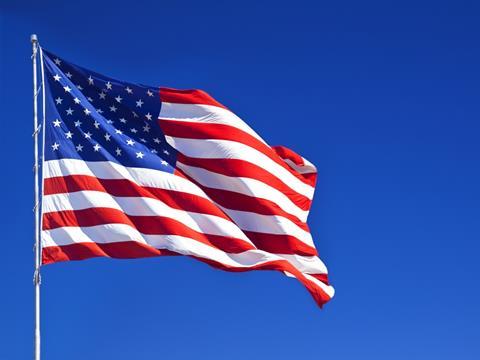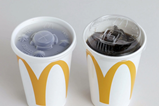
This content was originally sent to Packaging Europe members in The Bulletin – a weekly newsletter that includes articles like this, as well as lots more original content. To receive a brand-new edition of The Bulletin every week, plus an exclusive range of reports, briefings and events, click here to become a member.
I’m sure we’ve all seen the news by now: Mondelēz, Mars, Nestlé, L’Oréal USA, and Walmart are among the big brands suspected of leaving the U.S. Plastics Pact.
Perhaps this shouldn’t be much of a surprise. The Ellen MacArthur Foundation spent years cautioning that many of its New Plastics Economy Global Commitment signatories were likely to miss the mark for 2025, and as fate would have it, both the aforementioned brands and the Pact itself have fallen short of this year’s deadlines.
There’s a multifaceted conversation to be had about whether targets were set too high in the first place, and who is responsible for that. For every critic who considers such overambition a form of premeditated corporate greenwashing, a brand has attributed its failure to insufficient resources, inconsistent legislation, or misguided optimism that the relevant infrastructure would progress faster than it ultimately has.
Whichever way you look at it, Jessie Schwarz from Strategic Packaging Partners raises a thought-provoking point: should companies make further commitments when their efforts so far have proven unsuccessful? Would that signal enduring, authentic commitment, or a further attempt to save face and capitalize?
Walmart faces another, specific pressure: a shareholder proposal from a conservative nonprofit that describes net-zero carbon emissions as a “unicorn fantasy” and zero-waste initiatives as a left-wing effort to “hoodwink Corporate America”. Strong opinions like these, and the financial incentive to enforce them, will undoubtedly (and unfortunately) become ever more prevalent in a presidency with a burning vendetta against paper straws.
A noteworthy counterpoint is that withdrawing from this particular pact does not rule out involvement in sustainable packaging initiatives elsewhere.
Mondelēz is a co-chair of The Consumer Goods Forum’s Plastic Waste Coalition of Action and remains a member of the Ocean Plastics Leadership Network. Nestlé has involved itself in the Sustainable Packaging Coalition, the Business Coalition for a Global Plastics Treaty, and the How2Recycle Label Program, among other initiatives.
L’Oréal is a co-founder of the Sustainable Packaging Initiative for CosmEtics (SPICE), while in Europe, Mars, Mondelēz, and Nestlé are among the founders of the Flexible Packaging Initiative, and all four are active stakeholders within CEFLEX. Let’s also remember the ongoing, cross-industry collaborations to rethink packaging design, from circulating reusable chocolate tins to sourcing biorecycled rPET.
So much of this discussion still relies on speculation, but it’s an important opportunity to keep household names accountable – and, as more and more admit to unmet sustainability targets, to take stock of where we are, and how to move forward.
If you liked this story, you might also enjoy:
The ultimate guide to the Packaging and Packaging Waste Regulation in 2025
How are the top brands progressing on packaging sustainability?
Everything you need to know about global packaging sustainability regulation in 2025
The key to increasing the use of reusable packaging in supermarkets
Is this the end of the US Plastics Pact?



















No comments yet